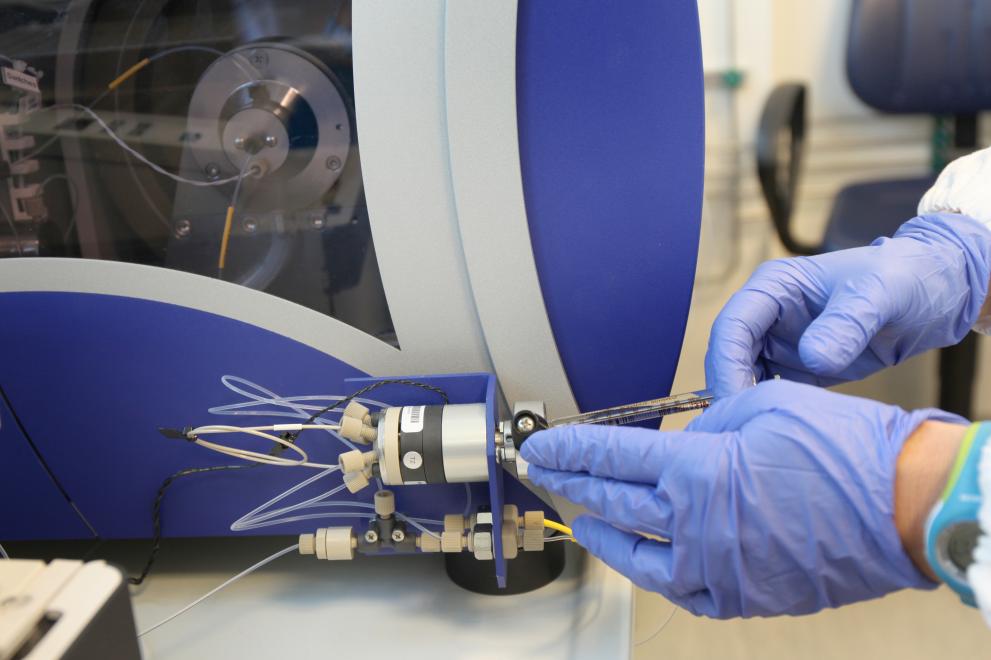
Experts from several German and French organisations - including scientists from EFSA and the JRC - reviewed the current application of classical and new nanomaterials in the context of regulatory requirements and standardisation for chemicals, food and consumer products. They concluded that nanomaterial characterisation is still challenging and the major bottleneck of risk assessment and regulation.
This review article presents the outcome of a workshop on the application of nanomaterials in the context of regulatory requirements and risk aspects for chemicals, food and consumer products. The workshop, organised by the German Federal Institute for Risk Assessment (BfR) in March 2015, brought together stakeholders from the areas of material research, regulation, toxicology, ecotoxicology and risk communication. JRC scientists presented an overview of regulatory requirements to characterise nanomaterials and a discussion of activities towards the implementation of the EC's nanomaterial definition.
The experts concluded that the challenges of nanomaterial characterisation are still a major bottleneck of risk assessment and regulation. Given the multitude of nanomaterials in industrial processes and daily life, further development of analytical techniques seems indispensable for:
- Accurate quantitative characterisation of exposure scenarios;
- Further elaboration of potential adverse effects on humans, and
- Study of nanosized particulate matter with regard to its environmental fate and ecotoxicity.
Independent of the question whether nanomaterials exhibit a specific toxicity, a thorough characterisation of toxicological test systems will help to improve data quality and understanding of toxico-kinetics in general.
Read more in: P. Laux et al.: Nanomaterials: certain aspects of application, risk assessment and risk communication, Archives of Toxicology, 2018, doi: org/10.1007/s00204-017-2144-1
Related Content
Nanomaterials: certain aspects of application, risk assessment and risk communication
Details
- Publication date
- 12 February 2018
